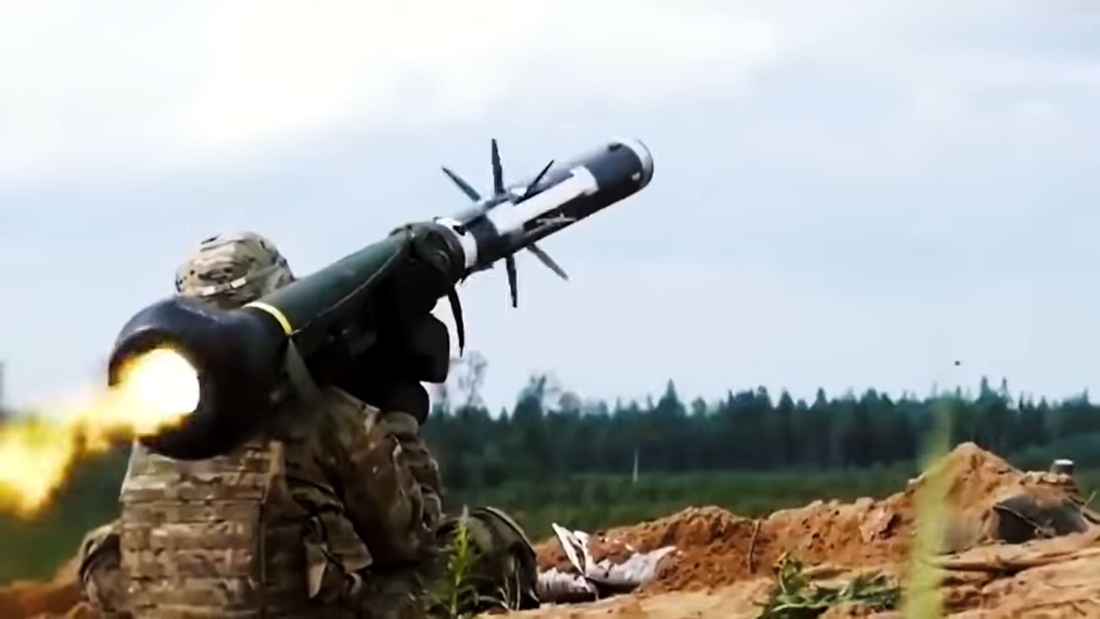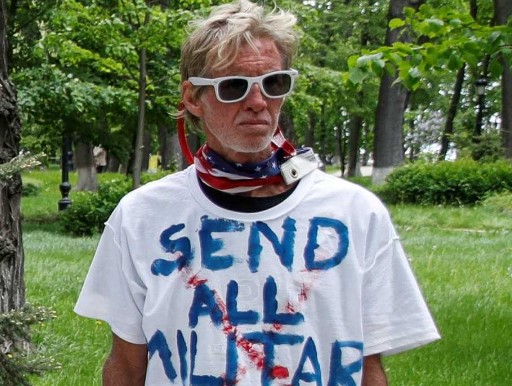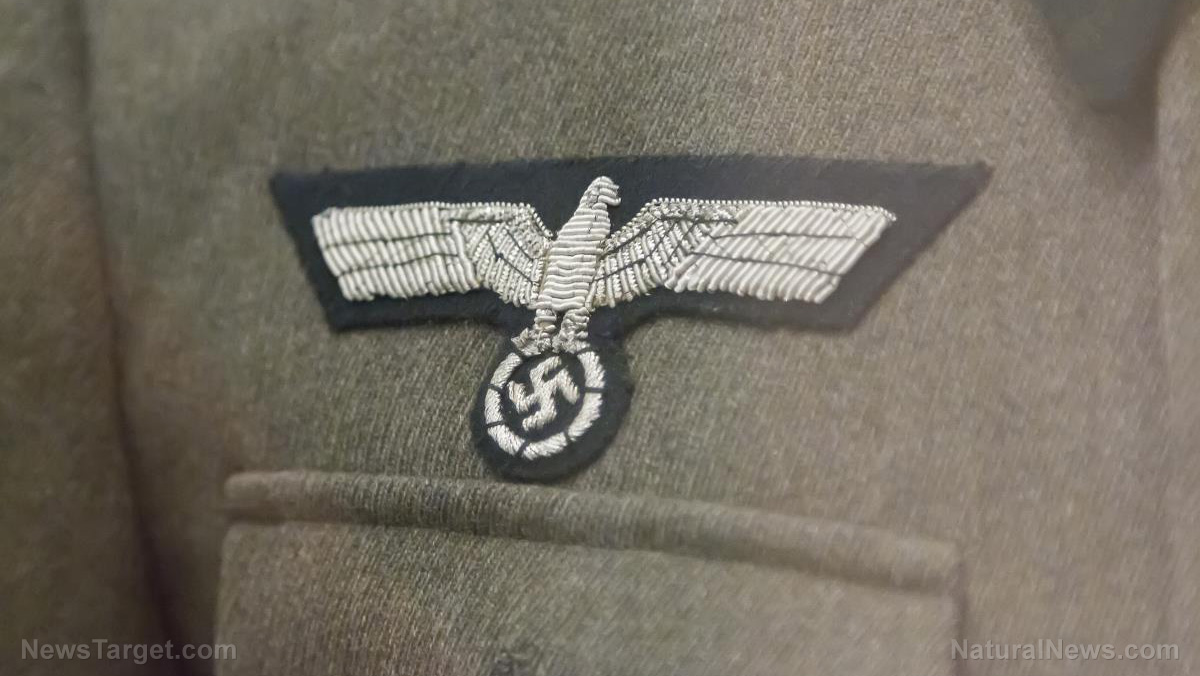
The U.S.’s recent reversal of a years-long policy preventing a Ukrainian neo-Nazi group’s use of American weapons is a sign that the West is growing increasingly desperate to win the war, a former Department of Defense official claims.
Earlier this week, the State Department put an end to the ban Congress had first put in place in 2018 on delivering arms to the Azov Brigade. The U.S. originally wanted to distance itself from the group, which is tied to neo-Nazism and has a history of human rights abuses.
However, they now claim that a new review showed there was “no evidence” that supporting the unit violated the Leahy Laws, which prohibit the U.S. from providing aid to foreign security forces when credible evidence exists that they have committed a “gross violation of human rights.”
This is an interesting stance given the unit’s well-documented history. Founded in 2014 by white supremacist Andrey Biletsky, its logo was inspired by SS symbolism. Although it began as a volunteer militia with a few hundred members, it was later informally integrated into the Ukrainian armed forces, although it maintains a lot of autonomy over its operational decisions.
The Azov battalion has been accused by the UN, Human Rights Watch, and Amnesty International of a long list of human rights violations, with raping and torturing civilians among the many charges.
Former U.S. Department of Defense Senior Security Policy Analyst Michael Maloof told RT that he believes the change of heart is an indication the Washington is growing desperate.
“Clearly, the Azov group didn’t go from sinners to saints overnight. There still is a list of atrocities that they had committed, human rights abuses… you still see them marching around as a group with their symbols, with their camaraderie and their discipline in support of fascism,” he said.
He added that the move will only serve to give credence to Russian President Vladimir Putin’s claims that their invasion of Ukraine was about getting rid of Nazis there.
"The war is basically lost already"
“I question the rationale of wanting to continue to support a Nazi outfit like this because the war is basically lost already. To support the Azov just adds fuel to the fire… and reinforces and bolsters Russia’s point of view that this is about fighting Nazism in Ukraine,” he asserted.
He also said that the performance of the Azov battalion in the war thus far has been less than stellar.
Earlier in the conflict, they were reportedly defeated by Russian forces at Mariupol fairly easily, and having access to American weapons is unlikely to make much of a difference. In his opinion, lifting the ban won’t bring about any substantial changes on the battlefield.
Not surprisingly, the unit sees it differently, stating: “Eligibility for US assistance will not only increase Azov’s combat effectiveness, but, most importantly, will help save the lives and health of the brigade’s personnel.” They also claim they are not affiliated with Nazism, fascism or racism.
A spokesman for the Kremlin, Dmitry Peskov, criticized the decision. Russian state news agency TASS reports that he said the U.S. is now “ready even to flirt with neo-Nazis” and that Moscow’s reaction to the move is “extremely negative.”
Sources for this article include:
Please contact us for more information.















